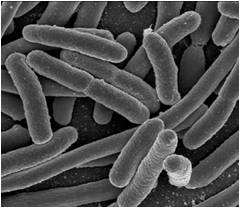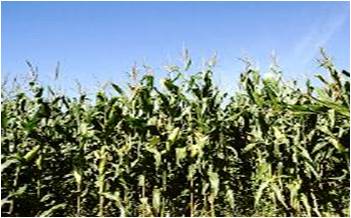|
D.
Glass
Associates, Inc. can assist companies and academic investigators
learn about or comply with regulations governing the use of
engineered microorganisms and transgenic plants in the United
States and elsewhere in the world, including the following:
-
Assist
in
all matters of compliance with U.S. EPA biotechnology
regulations affecting environmental or agricultural
use of microorganisms, including analysis of impact of EPA
TSCA biotechnology regulations, preparing and filing
Microbial Commercial Activity Notices (MCANs),
Premanufacture Notices (PMNs), TSCA Experimental Release
Applications (TERAs), and other EPA submissions and
commuinications.
-
Assist
in
obtaining U.S. Department of Agriculture permits for
use of transgenic plants.
-
Compliance
with
foreign biotechnology regulations including EU
biotechnology directives and compliance with foreign
regulatory programs under the Cartagena Biosafety Protocol.
For
any
of these areas of regulation, DGA offers the following services:
-
Project
planning:
For companies that are investigating or beginning to plan
for the use of engineered microorganisms or transgenic
plants, DGA can advise companies about the impact of
biotechnology regulations on company plans. This can take
the form of a one-time seminar for key company
decision-makers, an in-depth written report, and/or ongoing
consultation on regulatory developments.
-
Project
implementation:
For companies closer to field testing or commercial
applications requiring government approvals, DGA can assist
in planning and carrying out the necessary activities. This
could include preparation of written implementation plans
for company projects, arranging presubmission meetings with
regulatory agencies, and coordination of the preparation and
filing of MCANs, PMNs, TERAs, permit applications or other
government submissions.
|


